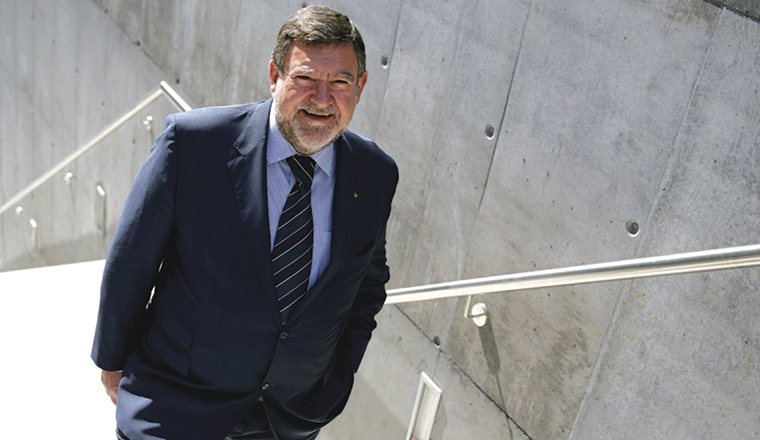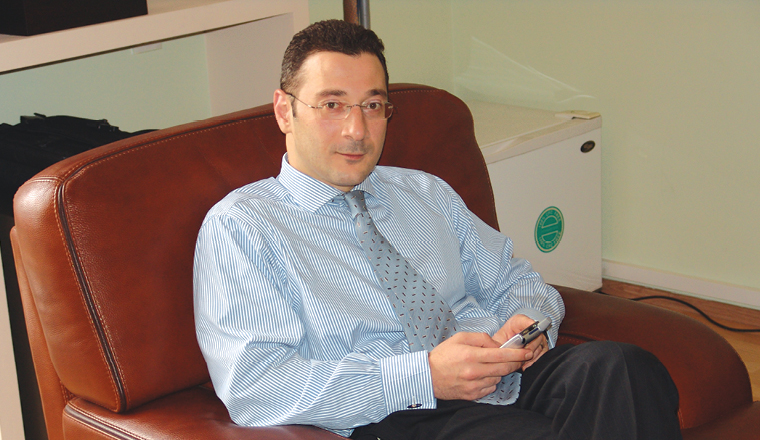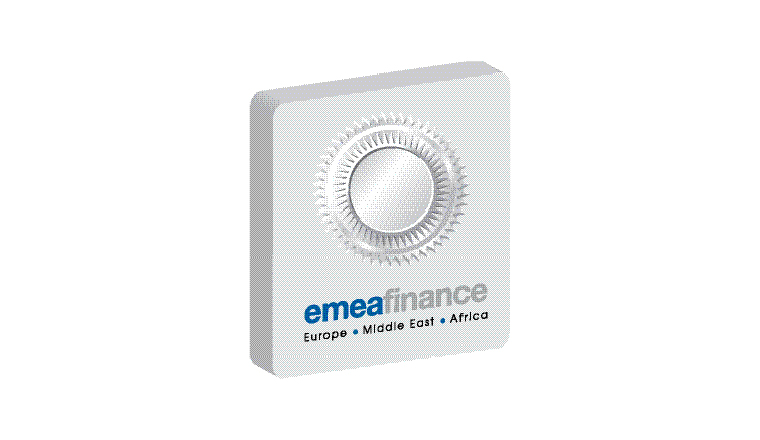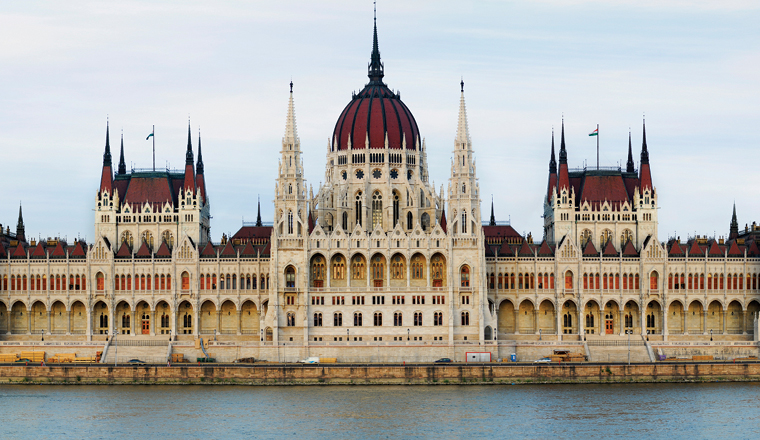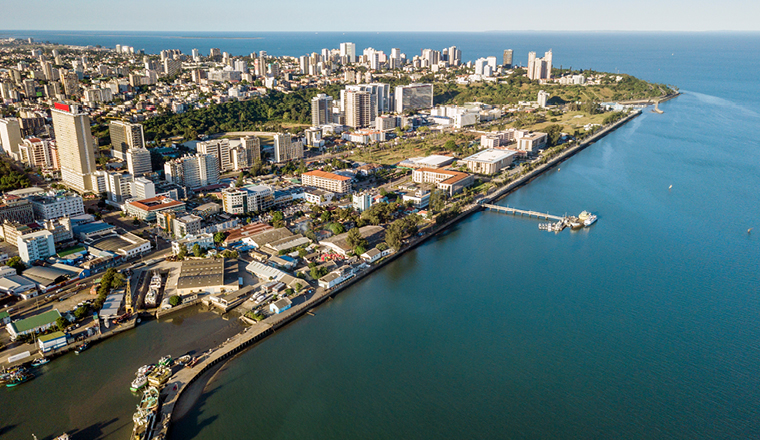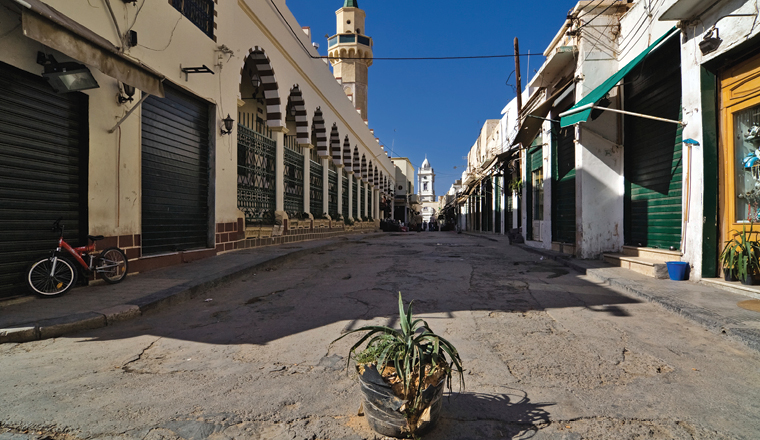Herbert Stepic, Deputy Chairman of Vienna-based Raiffeisen Zentralbank Osterreich (RZB) and CEO of Raiffeisen International, is widely regarded across the European banking industry as the chief architect of RZB’s aggressive expansion in Central and Eastern Europe and Russia. He speaks with Christopher Moore, emeafinance’s publisher, about his 30 plus year international career at the bank.
